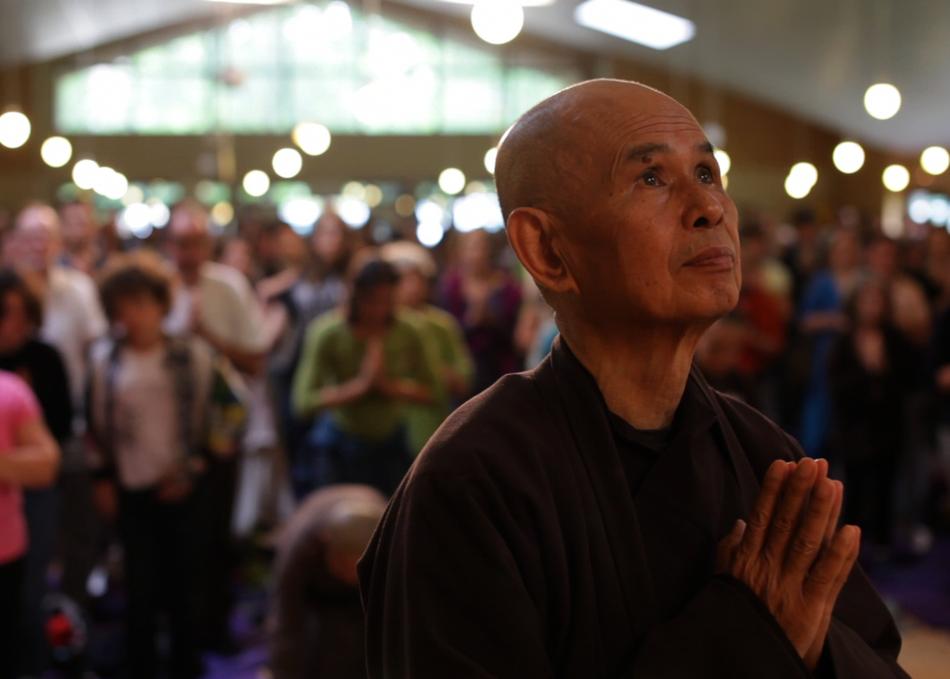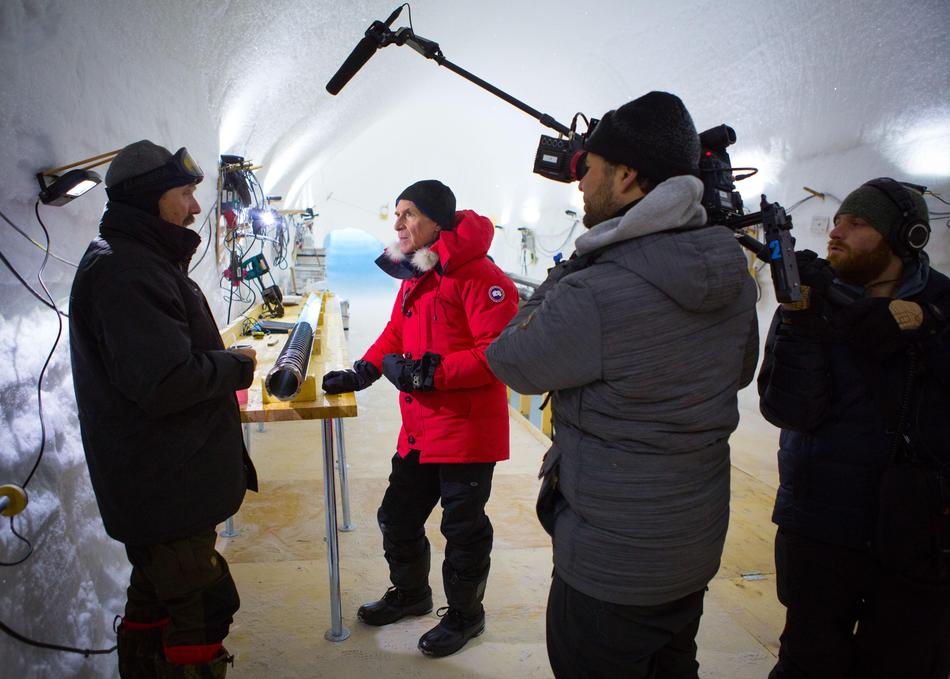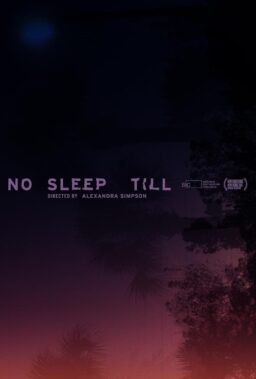There are three particularly curious selections in this year’s Documentary Spotlight section at SXSW, each offering a different way to view the world, as coming from very unique perspectives. Whether it’s that of a famous scientist (“Bill Nye: Science Guy”), an Italian town that creates annual autodramas (“Spettacolo”) or a community of Zen Buddhist monks and nuns, there’s something to take away from each of these slices of life that each made their world premiere this week in Austin, TX.
It takes only the briefest glance at regular headlines to see how much the concepts of science, even critical thinking, are in grave jeopardy due to an epidemic of ignorance. As the resistance against this illogical mindset persists, we need people to make evidence and reason cool again. It’s not a mistake that Bill Nye, former host of children’s series “Bill Nye: The Science Guy” is receiving a type of resurrection during these times (along with his work with The Planetary Society, who just wrote an open letter to Trump), but it also seems like a specific move that this new SXSW doc, “Bill Nye: Science Guy,” exists. It creates a statue out of the new Bill Nye, no longer “The Science Guy” but just a “Science Guy.” Co-directors David Alvarado and Jason Sussberg’s convince you that the removed definite article does make a difference.
This doc makes a compelling argument that in almost all forms, Nye is the underdog. That was the case when he started making a show for kids that was all about making science accessible, a cause that has made him a legend to generations of teachers, students and budding scientists. It certainly is the case decades later as he wrestles with a type of relevancy, as both a celebrity and a science figure with a voice but not a PhD. As this documentary captures it, he has an uphill battle to fight against the very science-deniers that Nye is pitted against, like Ken Ham and his horrific creationism museum, or Joe Bastardi, a climate change-denier meteorologist. As Nye is shown confronting them in near pointless debates, Nye almost becomes a type of martyr for science, or reason itself. But he keeps on keepin’ on, and his charisma never wavers.
“Bill Nye: Science Guy” is always thoughtful, with showing different sides of Nye and always keeping science at the forefront. It is assuredly, and productively, a project made from the modern persona of Nye; a bit more urgent, and slightly sobered from the TV personality. A lot is at stake in this story, his credibility, the world, and the documentary tackles these issues like a better-greased, Powerpoint-less “Inconvenient Truth” story. The doc can seem a little slow in spite of the many issues that it wants to raise, and the various tense showdowns that have him standing up against a force he wants to overcome or convince can drag out, but the documentary makes the impact it desires as a profile piece.
If Nye weren’t such a good person, with a vital cause, the whole documentary might be too sanctimonious. But as another gizmo to help construct Bill Nye 2.0, (he has a talk show coming soon to Netflix), this is an intelligent crowd-pleaser, certainly for those who already agree with him.

The latest documentary from “Marwencol” director Jeff Malmberg is about about a tiny town in Tuscany that puts on an original play every year, with the residents playing themselves in fairly elaborate productions meant to function as a type of communal catharsis. Co-directed with Chris Shellen, “Spettacolo” becomes a quaint documentary about an incredible subject, a movie that captures a fascinating place but possibly a decade or so too late.
But in case there’s an interest in projecting “Synecdoche, NY” or even “Vanya on 42nd Street” on this doc, the whimsy of the story stops at that set-up. The residents talk about their “autodrama” but make little fuss, almost comically so, about their unusual creative endeavor: life imitates art, and that’s that.
Instead, “Spettacolo” becomes more of a “let’s put on a show” story, albeit cutting back and forth between the history of different productions, enlivened by footage and photographs. Much of the story rests on the playwright, and some cast members are shown (even repeating things on stage that they have said in real life). No image of a Tuscan sunset is spared, and a look at the full year is provided, including cringing however observant footage of tourists coming through the town with loud rolling luggage, their heads always aimed down at their phones.
It’s the curious case of a film that has a fascinating subject, but doesn’t reach its desired full potential. You can see the various huge themes at play here, including people creating art in their golden years, the concept of a communal catharsis, and the idea of life reflecting art and vice versa. But you can also see, as such rich concepts don’t fully blossom, that if a crew had come at an earlier year, the goal of “Spettacolo” might have better succeeded. There’s nothing glaringly wrong with the filmmaking, but you get a sense of filmmakers working what they’ve got. In the case of this story, they’re exploring a sense of incompletion within this town production. Life can imitate art; not just in narrative, but in quality, too.

One of the most calming documentaries you’re likely to ever see is “Walk with Me,” a documentation of Zen Buddhists and their community of Plum Village in France. The film, by Marc Francis and Max Pugh, is a thoroughly meditative piece cinema, using atmosphere created from still images of monks and nuns in silence and strong sound design of the world around them. It doesn’t have characters so much as recurring faces, and only in the second half does it start to reveal where these people, from all different walks of life and countries, had originally existed. They all now live in a clear, very curious state of contentment.
Narration is provided by Benedict Cumberbatch, who reads the words of famous teacher Thich Nhat Hanh. His voice is another ingredient to the stillness of the project, delivering the endless poetry with his baritone voice, extremely mindful of delicacy and warmth. Whether his involvement in this documentary is related to his previous work on “Doctor Strange” or not, Cumberbatch is a welcome presence for a documentary about sharing the experience. Even if it is more observational or than it is life changing, “Walk with Me” makes for a unique documentary spectacle, especially as it explores the power of silence and clarity.












